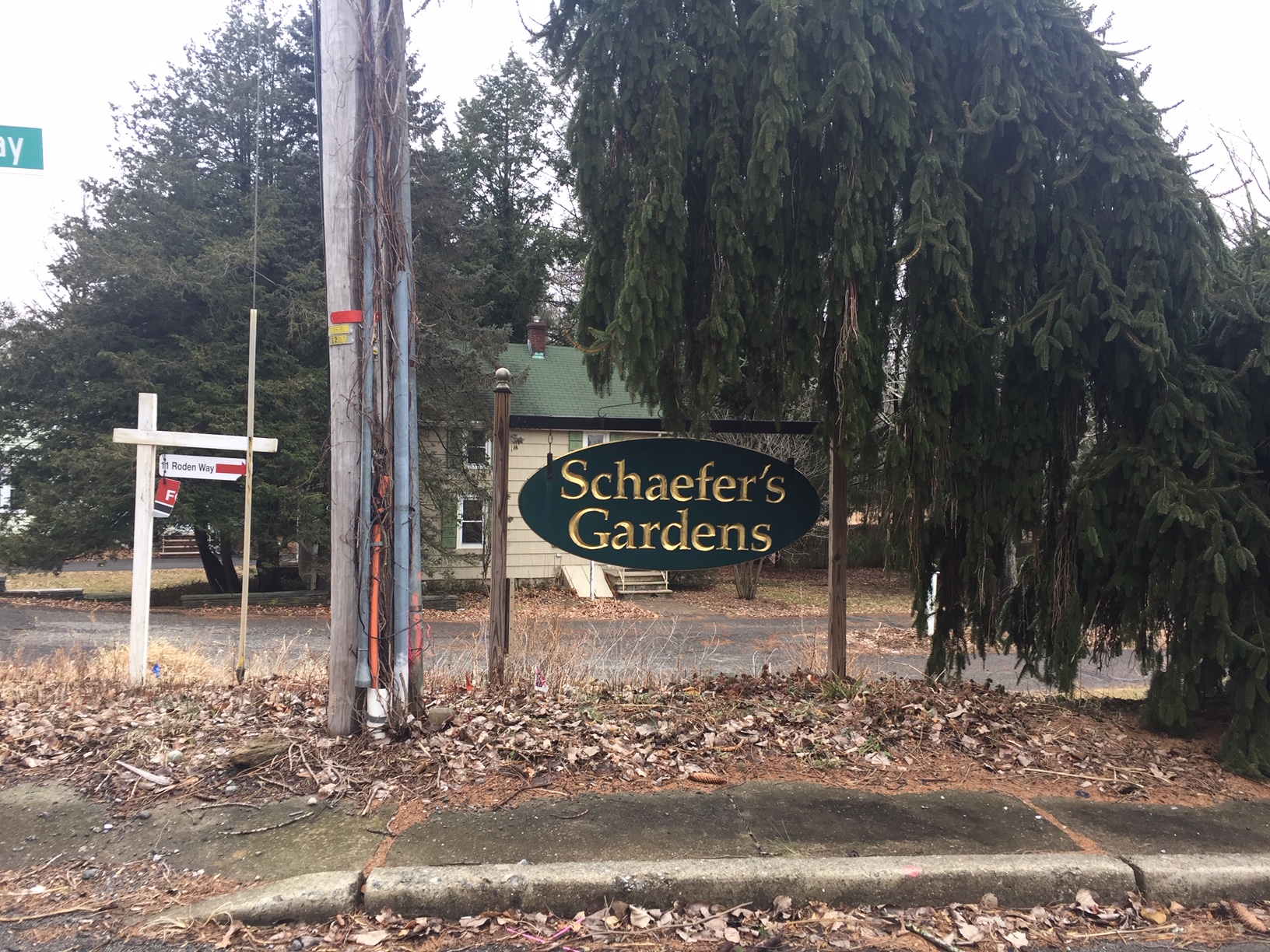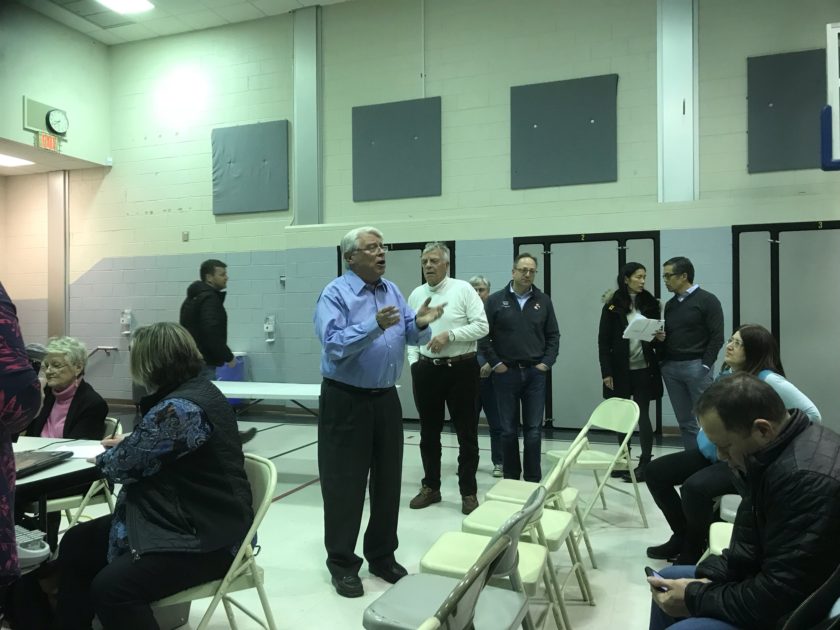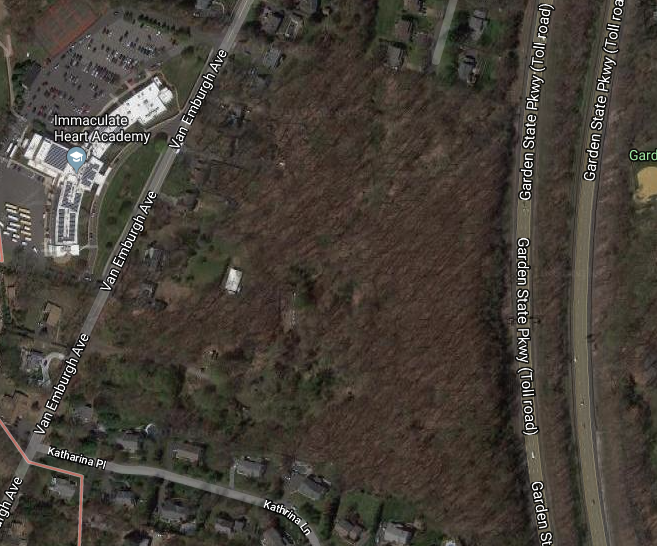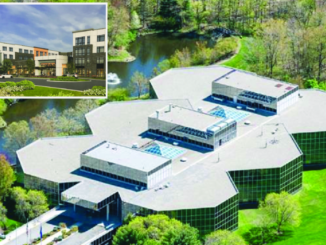
HAWORTH, N.J.—Following four years of back-and-forth negotiations with Fair Share Housing Center, the Borough of Haworth will find out June 20 whether its affordable housing settlement—which calls for 223 affordable units—satisfies a Superior Court judge and fulfills the borough’s affordable housing obligations through 2025.
A “fairness hearing” is scheduled Thursday, June 20, 1:30 p.m. at Bergen County Justice Center, Room 453, before Superior Court Judge Christine Farrington to determine if the plan satisfies its constitutional mandate to provide affordable housing under the state’s Fair Housing Act.
Should the judge find problems or deficits, it’s likely the parties involved will have to come back with other options as soon as possible to settle affordable obligations.
The 223 units will be addressed via so-called “inclusionary developments,” overlay zones for future affordable housing and ordinances mandating affordable set-asides in new developments.
An “inclusionary development” includes market-rate units for sale or rental, plus generally a set-aside of 15 percent of rental units and 20 percent of for-sale units for affordable housing.
Other units will be satisfied with affordable housing “credits” earned through supportive housing, family rentals, affordable rentals in so-called “accessory apartments,” and adoption of overlay zoning for specific properties to require affordable unit set-asides as part of any future multifamily developments—usually five or more units.

28 affordables ‘realistic’
While 223 affordable units is proposed to settle its third round (1999-2025) affordable housing obligations, the settlement agreement notes the borough has a “realistic development potential” (RDP) of only 28 units, or units to actually be built between now and 2025.
For Haworth, settlement of its affordable housing obligations has been a nearly four-year process with 19 extensions of immunity from so-called “builder’s remedy” lawsuits— which would allow a developer to propose a high-density multifamily development should a municipality fail to satisfy its affordable housing obligations.
Since July 2015, Haworth has negotiated to resolve its affordable obligations and been granted continuous extensions from Superior Court in Hackensack.
Fair Share’s backing?
Councilman Glen Poosikian said he thought Fair Share Housing Center supported the plan and that only a few residents have contacted the court via letters to express concerns.
He said the concerns included proper drainage from Schaefer’s Gardens, concerns about the character of Haworth changing and concerns about traffic generated from a 100 percent affordable 35-unit development on Massachusetts Avenue.
Any new developments proposed in the settlement would still need to be presented by an applicant, reviewed, and approved by the Planning Board before construction begins.
Two ‘inclusionary’ projects
Most of the 28 RDP units will be satisfied by two new developments: one at Schaefer’s Gardens’ 5.5-acre property, and a second one at a 2-acre site on Massachusetts Avenue.
The draft agreement proposes an inclusionary development by Lakeshore Developers LLC, which will construct a 41-unit multifamily complex on the Schaefer’s Gardens site with nine affordable units.
The second proposed development is a 35-unit complex on Massachusetts Avenue with 21 market-rate units as well as 14 affordable units that include eight family rentals, two age-restricted units, and four one-bedroom supportive housing units.
Also, an “accessory apartment program” of affordable rental units is proposed for properties that front Schraalenburgh Road and Hardenburgh Avenue.
Two future units will accommodate very low income residents, three for low income and five for moderate income residents, notes the plan.
The plan notes the program would create a self-contained residential dwelling within an existing home.
Income thresholds for moderate, low-income and very low income affordable units are established by the state for six zones statewide.
Funding to help implement and subsidize the business district mixed-use affordable units and accessory apartment program may be available through the borough’s affordable housing trust fund, which totaled over $355,000 in late February, said local officials.
The Massachusetts Avenue project is a collaborative effort with Bergen County United Way and a developer to be determined, which includes development of a memorandum of understanding with them, identification of funding sources, alternative local funding sources in case grant funds are not available, a project schedule, oversight entity, and a legal requirement to begin construction within two years of settlement approval.
Poosikian previously told Northern Valley Press that residents may wrongly believe affordable housing “means bringing in new residents from other communities” and pointed out it provides affordable housing for seniors and residents with reduced incomes.
“It was a balancing act we were tasked with,” he said.



